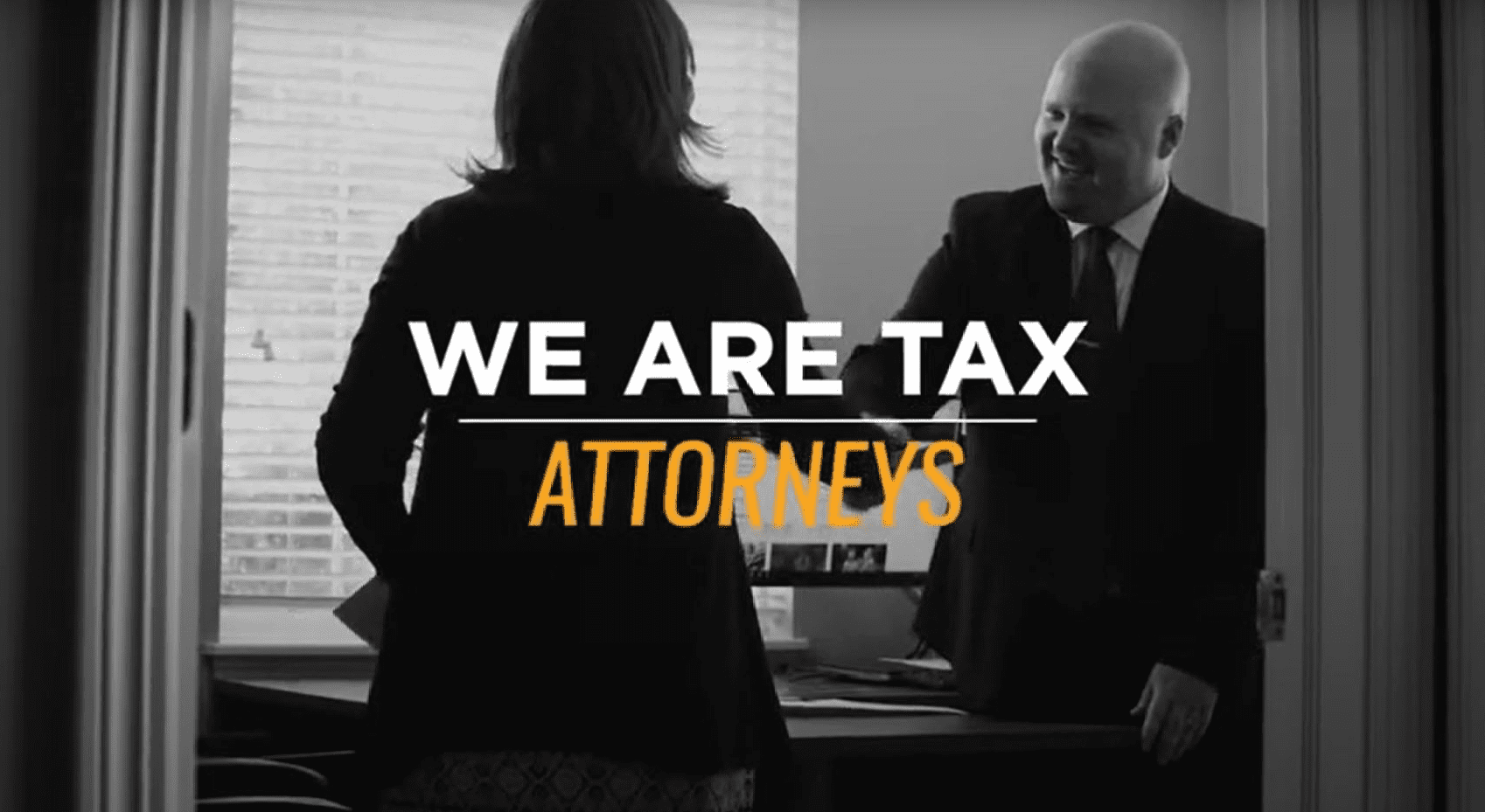IRS Tax Resolution Services
As a licensed tax attorney, I know how to resolved IRS back taxes and to effectively represent taxpayers in IRS tax audits.
There are really four broad categories of IRS tax resolution services that we provide. The first is settlements and payment plans, the second is IRS tax audits, the third is levy and lien releases, and the fourth is delinquent return preparation.
Check out more details below about the IRS tax resolution services that J. M. Sells Law offers to Texas taxpayers.
Get Help from an IRS Attorney Today
See if you qualify for the IRS Offer in Compromise
Tell Me More about the IRS Fresh Start Offer in Compromise
If there is one thing we do a lot of as an IRS attorney, it is submitting IRS Offer in Compromise packages.
There are only four main types of IRS tax resolution services. First, there is IRS tax audit representation. Then, there are IRS tax lien and levy releases. Third is the fresh start program, which includes settlements and payment plans. Finally, there is delinquent return preparation.
(1) IRS Tax Audit Representation
There are two types of IRS tax audits. First, there is the in-person audit. Second, there is the mail correspondence audit.
In Person Audit
An in-person audit is relatively rare. Here, the IRS examiner comes to the business (or home) and reviews the tax documents. Or, you go into the IRS office with your tax documents. These types of audits are much more costly, so the IRS only uses them for huge cases typically. An in-person audit also takes a lot more time to resolve. You have the right to representation during the in-person audit. J. M. Sells Law does not handle in-person audits, but we take mail correspondence audits as part of our IRS tax resolution services.
Mail Correspondence Audit
A mail correspondence audit is much more common. The IRS notifies you by mail that they selected a particular return for a review. The notice specifies the forms and line items to be reviewed. You have an opportunity to provide substantiation to support those items. Additionally, you will typically have a phone interview with the auditor.
It is crucial to provide only enough information to satisfy the IRS inquiry strategically. But, on the other hand, too much information is typically not a good idea. Further, always ask for penalty abatement. As part of our IRS tax resolution services, J. M. Sells Law knows how to make a compelling argument for removing penalties.
IRS Audit Outcomes
There are three possible outcomes. First, the IRS makes no change. A no-change outcome is a great outcome (that rarely happens). Second, the IRS makes a change, and you disagree. As such, this scenario is where our IRS tax resolution services come into play. We advocate your position, including filing an IRS audit protest. Moreover, it is critical to pay attention to appeal deadlines.
Third, the IRS makes a change, and you agree. Typically, we only recommend this if the change is relatively minor.
(2) IRS Tax Lien Removal and Levy Release
Tax Lien Removal
The IRS may file a public federal income tax lien against you to secure all property you own. Generally, the IRS will file a tax lien in your county recorder’s office. A federal tax lien will not appear on your credit report, but it is a public record that may prevent you from getting credit. In addition, it is tough to get a mortgage if you have a tax lien. As part of our IRS tax resolution services, we focus on three primary ways of dealing with a tax lien.
Lien Subordination
Lien subordination does not remove the lien but allows other creditors to move ahead of the IRS, which may make getting a loan or mortgage easier. Use a qualified tax attorney to assemble the subordination package using Form 14134.
Lien Discharge
A lien discharge removes the lien from a specific property. For example, the IRS may agree to a discharge to sell your home if there is no equity. There are several Internal Revenue Code (IRC) provisions that determine eligibility. Carefully complete Form 14135 to request a lien discharge.
Lien Withdrawal
A lien withdrawal removes the public Notice of Federal Tax Lien and assures that the IRS is not competing with other creditors for your property. However, you are still liable for the amount due.
Direct Debit Installment Agreement Withdrawal
Suppose you have entered into a Direct Debit installment agreement and owe $25,000. You may qualify for a lien withdrawal. However, your Direct Debit Installment Agreement must fully pay the amount you owe within 60 months or before the Collection Statute expires, whichever is earlier. Additionally, you must have made three consecutive direct debit payments and can’t have defaulted on any previous Direct Debit Installment agreement.
Withdrawal for Other Reasons
The IRS may also agree to withdraw a tax lien for other reasons. For example, the IRS may consider a withdrawal if the lien prevents you from earning an income. For example, the IRS may agree to a withdrawal if you have a professional license impacted by a tax lien. You should use form 12277 to request a lien withdrawal.
Get a Fresh Start with an IRS Attorney Today
If you are ready to have a IRS attorney look at your case to see if you qualify for an Offer in Compromise, click here to get the process started today. Or call us directly for a free consultation at 330-331-7611.





